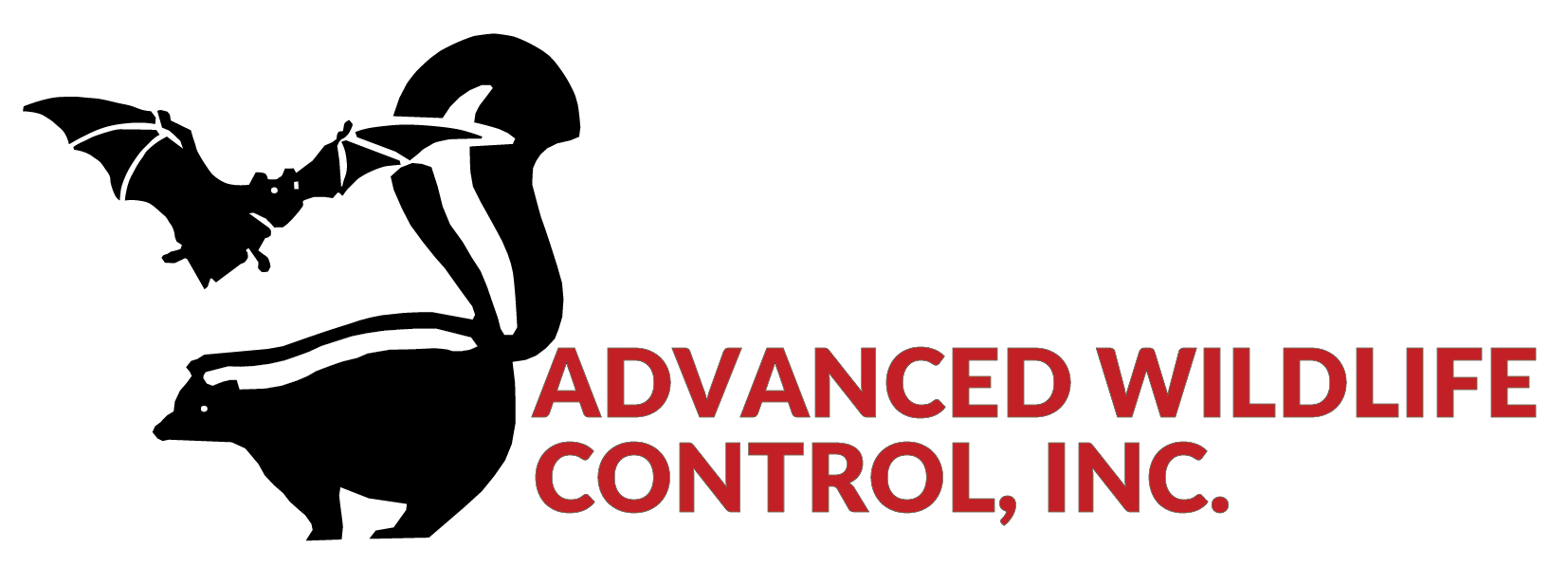Squirrels moving into your attic are really a concern because they have a nasty habit of chewing on electrical wires and structures. Typically we see difficulties from nesting females. They tend to build their nests near openings like vents or trim with decay and the smallest of openings around them, near chimneys and roof structures. They are masters at finding entry and often homeowners, even with new homes and structures never see them. Only our skilled technicians know what to look for and it usually only takes a few minutes to spot the ways they are getting in.
The first sign of a squirrel in the attic is usually the sound of scampering during the day, as they “stock the cupboards” during foraging trips. Juvenile squirrels are known for falling into walls and are unable to climb out, making determined scratching noises as they try to escape (and sadly eventually dying if they cannot).
What do you do if you think you have squirrels in your attic or anywhere in your home?
The best option is to call an expert – our inspections are always free and we will find the entry faster than you will because this is what we do. However, here are some ideas to get you started:
- Find the entry point. Fully inspect the attic to find any opening(s). If there is no way into the attic, inspect the exterior eaves, vent, chimney, and roof.
- Confirm if it’s a female squirrel nesting with young. Try to locate the nest (made of readily available materials like insulation and leaves. If it’s February – May or August – October, chances are very good that young are present. In this case, the best thing to do is wait a few weeks until the babies grow old enough to leave with their mother—they will not survive without her. Please don’t try to trap and relocate the family yourself.
- Give them the boot. If you can’t wait until the mother and young leaves on their own, hire a professional who knows how to reunite mothers with their offspring. Also, experts will manage the cleanup.
- Remove the Welcome Mat. Keep them from rentering-trust us they will try! Our prevention services help seal all opening, add chimney caps, screens over vents and button up the house from any future entry.
General Safety Concerns:
Exposed wiring
Squirrels who have been in attics for a while may have chewed on exposed wiring, which could be a hazard for a fire. Relocation is not the answer
Health concerns
Squirrels can harbor pathogens (such as salmonella) that may be harmful to people and in rare cases, rabies can occur in squirrels.
Resources
Cover Your Biggest Investment. Be Proactive And Know The Signs To Look For!
Whether you are in a home and planning to stay, listing or searching we have put together some tips to help you identify any issues and can also recommend some preventative measures to assure it does not happen in the first place. Download our Homeowner Tips Checklist

